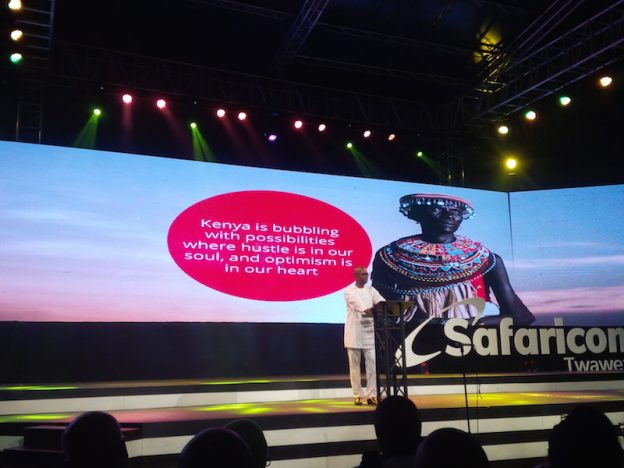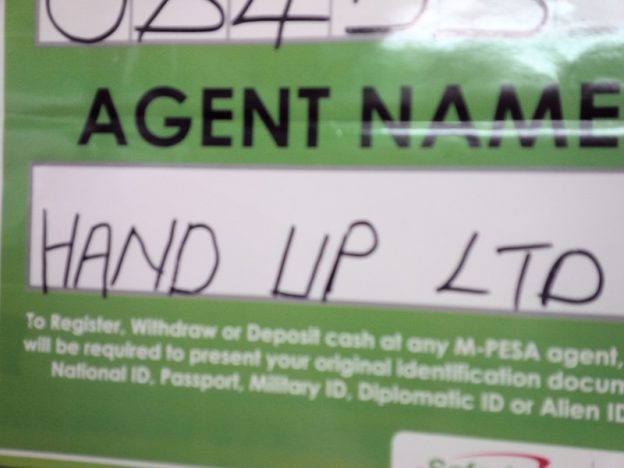Safaricom is not expected to undergo major changes or see much impact following the shock statement released this week about CEO Bob Collymore leaving the company for a few months to undergo medical treatment.
“During this time, Sateesh Kamath, the current Chief Financial Officer for Safaricom who is also Mr. Collymore’s alternate on the Board, will take a primary role. He will be supported by Joseph Ogutu who is the current Director – Strategy and Innovation, Safaricom. Mr. Ogutu will be responsible for Safaricom’s day-to-day operations until Mr. Collymore’s return from medical leave.”
Following the news about the CEO’s leave, the Safaricom CFO had a session with investors, and according to a Citi report afterwards on the implications of the events:
We have no concerns over operations of the company in the CEO’s absence. Based on examples in other geographies, it would take a couple of years to derail a well-run company. The company may become exposed on the regulatory side. We think the regulation is likely to remain balanced with consideration of the contribution the company makes to the state (in taxes and dividends)
The discussion about succession and its impact at Safaricom comes exactly seven years after Collymore took over from Michael Joseph as CEO. He then made his formal debut announcing the half-year results back then, and that event will recur again tomorrow (Friday) when Safaricom releases its 2018 half-year results. Also at the results announcement, updates will be given on the e-commerce plans and international expansion of the M-pesa platform.

CFO Kamath with CEO Collymore and Chairman Nganga at the Safaricom 2017 results announcement in May 2017
At the announcement of another year of record 2017 financial results announcement in May this year, company chairman, Nicholas Nganga announced that the expiring contract of Collymore had been extended for another two years. No interim CEO will be appointed at Safaricom, Collymore came to Safaricom from Vodafone, but an appointment of a CEO is one of the governance clauses that changed with the Vodacom buyout of Vodafone’s interest in Safaricom in the middle of the year.
The Safaricom Sustainability Report for 2017 which Collymore launched a month ago, noted that the company’s shareholding had experienced a decline in local and retail shareholders due to their profit-taking from the company’s high share price and a corresponding increase in investment stakes of foreign corporate investors due to Safaricom’s performance and strong fundamentals.


